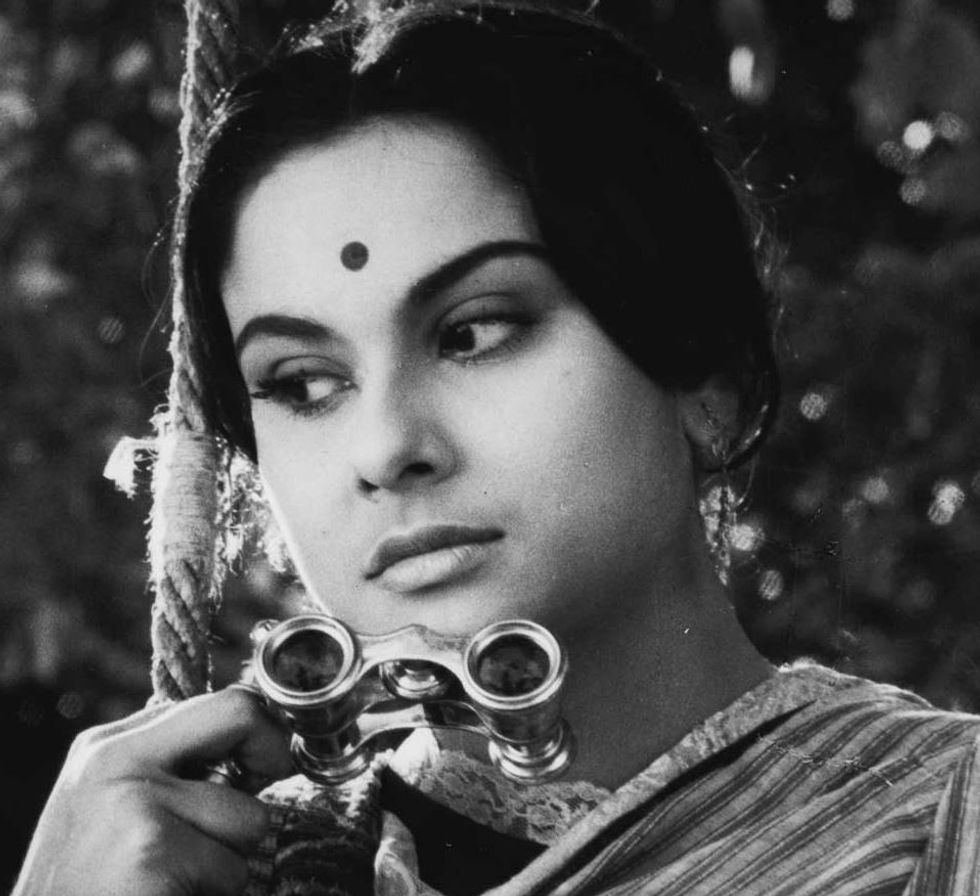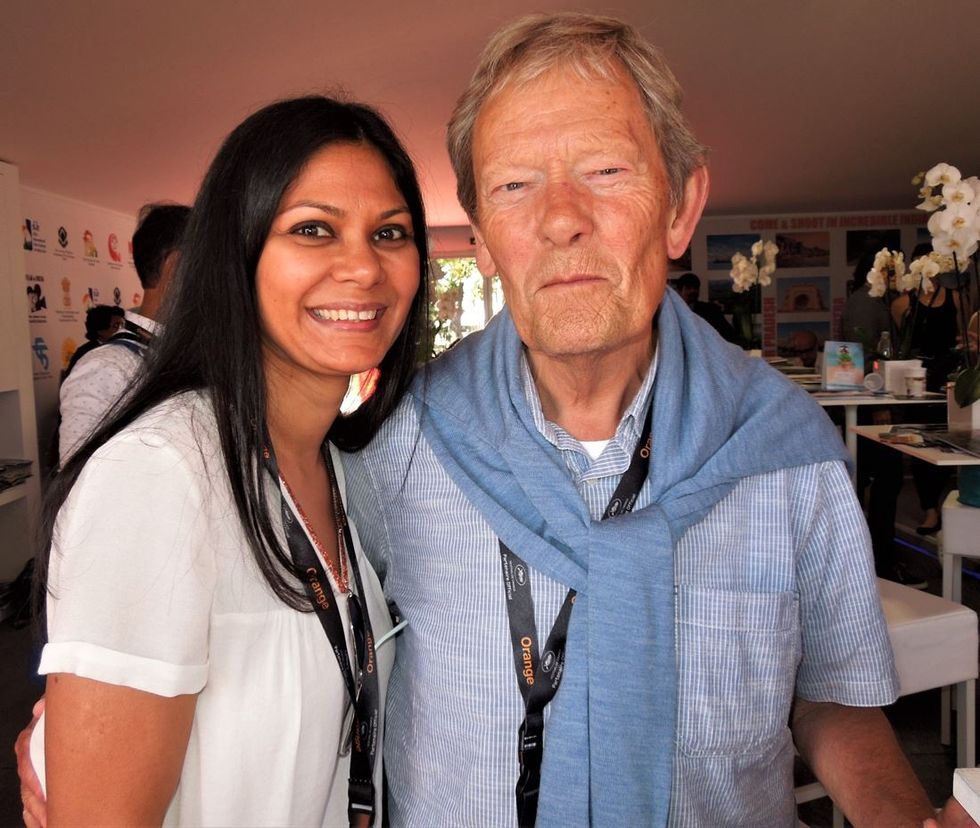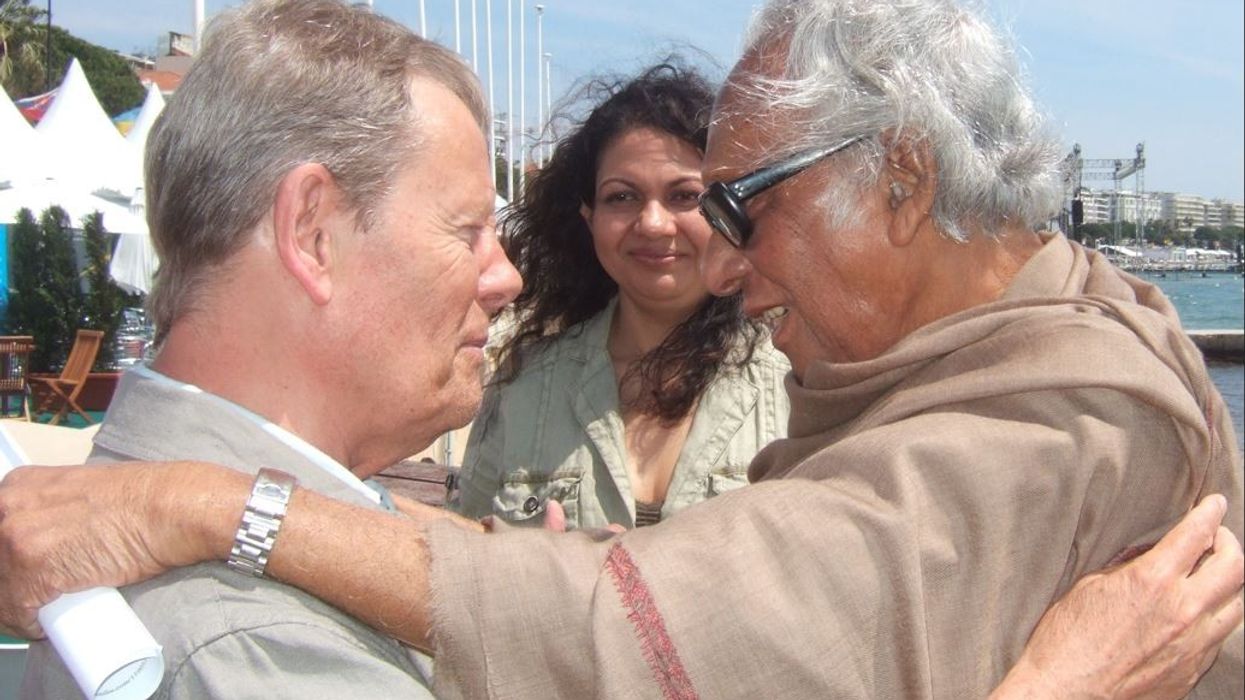IN THE film world – and especially among Indians – Derek Malcolm has been something of a legend.
As longtime film critic of the Guardian (and subsequently of the Evening Standard), he did more to promote Satyajit Ray in the west than almost anyone else.
I would see Derek at the Cannes Film Festival, but because I knew he was not in good health, I had been trying to contact him in the past three or four years. However, all my phone calls and emails went unanswered. I heard the British Film Institute celebrated Derek’s 90th birthday last year.
I wanted to talk to him about his relationship with Ray, whom he championed after Pather Panchali won Best Human Document at Cannes in 1956.
I wish I had made more of an effort to get to Derek, who died, aged 91, on July 15.
Derek made me laugh by telling me how he would respond to Indian filmmakers who sought his endorsement. He would get around being unkind to anyone by declaring enthusiastically: “I think you’ve done it again!”
From Ray’s 38 films, he especially liked Charulata.

“No director has bridged the gap between the cultures of East and West as convincingly as the Bengali filmmaker Satyajit Ray,” he wrote in 2014. “And no film has done it quite so thoroughly as his 1964 masterpiece, Charulata.
“I had seen all his (Ray’s) films,” said Derek. “Sometimes I had not been nice to them, but he sent me one of his books and on it he put, ‘To Derek Malcolm who sometimes likes my films’.
“The terrible thing about the UK is that there hasn’t been a commercially released Indian film for 15 years except Bollywood. And that’s a terrible shame which we are trying to correct – not very successfully.”
Ray was his favourite, but of Kamal Amrohi’s Pakezaah, Derek wrote: “Pakeezah qualifies as one of the most extraordinary musical melodramas ever made. Other Indian popular films may be subtler, but few have quite the force and romantic conviction of Amrohi’s.
“He never struck gold again, and nor did (Meena) Kumari, whose last film this was. But gold Pakeezah definitely is.”

He wondered, “Is it possible now to make a good movie about cricket?” and answered his own question. “I would have doubted it until I saw Lagaan, the Indian Oscar nominee (in 2002). It did well in France, where they don’t even know the rules, despite the good hour that the film takes to show a cricket match in all its detail. Admittedly, it was between downtrodden Indian villagers and their arrogant colonial masters, which helped to concentrate the minds and hearts of those who don’t know much about cricket. It also explained the game very carefully by having the villagers learn it from scratch.”
I remember Derek’s birthday being celebrated in the Indian Pavilion in Cannes in 2010, when he remarked: “I am really glad to be here because I have supported Indian cinema for some 40 years – and I hope to do, well maybe, another 10.”
I also remember Derek and the Indian director Mrinal Sen exchange a warm embrace on the Croissette in 2010. Both are now gone.




